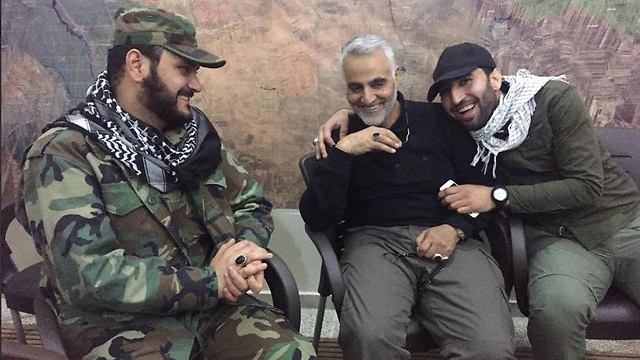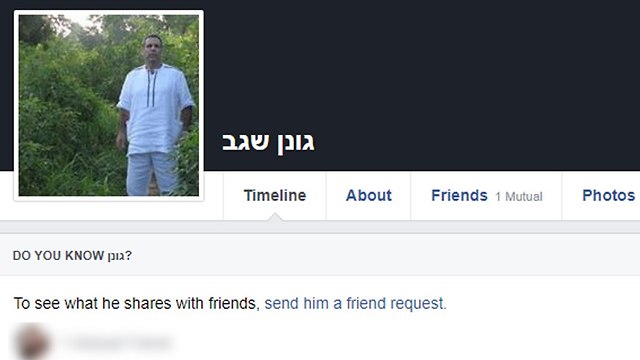
Gonen Segev’s place in Iranian activities in Nigeria
The Islamic Republic had interest and became involved in the African country as a way to get to Israel long before the arrest the former Israeli minister-turned spy, who spent recent years there; from photographing Israeli embassy to weapons containers destined for Hamas and Hezbollah.
Long before the arrest of Israeli former government minister Gonen Segev on charges of spying for Iran, the Islamic Republic expressed interest in Nigeria, where Segev recently resided and was recruited by Iranian intelligence services.
Iranian intelligence services have been operating in Nigeria particularly and Africa in general for more than a decade to further Tehran’s interests on the continent.
In 2004, an Iranian diplomat was arrested for taking photographs and monitoring the Israeli embassy in Abuja, Nigeria. In 2010, 13 containers of weapons, including 107 mm rockets, were uncovered in the Nigerian port of Lagos, having arrived from Bandar Abbas, Iran.
Apparently, the weapons were destined for the Hamas or Hezbollah terror groups. In the wake of the incident, several arrests were made including two senior Quds Force members, Azim Adhajani and Ali Akbar Tabatabaei, commander of Unit 6000 of the Revolutionary Guard’s Quds Force, which is responsible for the African sphere and together with Hezbollah assists other Islamist groups in West Africa.
The two found refuge in the local Iranian embassy. Four months later, the unit commander was smuggled out of Nigeria on the Iranian foreign minister’s plane. In light of the incident, Iran was forced to replace its then ambassador, Hussein Abdullahi. The other operative, Adhajani, remained in the country and was tried in 2013 and sentenced to five years in prison.
In May of that same year, members of a local Hezbollah cell were arrested after a warehouse with explosives was uncovered in the city. They apparently planned to target Israeli and western interests in Nigeria.
During a visit by the then Nigerian President Goodluck Jonathan to Israel in May, 2013, he said that Israel is assisting his country with security matters. Some of the Nigerian security activities were aimed at Iranian cells.
It is possible that the Iranians viewed Segev as the key to understanding Nigerian security measures and valued his potential worth as a spy against Israel.
Iran knew that Segev was involved in Nigeria on multiple fronts. He was a doctor who served Israeli and western diplomats as well as a consultant for the Israeli construction firm JDP (which is how he presented himself on his LinkedIn account).
While Iran was covertly assisting Shi'ite militias in Nigeria, its embassy was occupied with matters concerning health and hospitals. Being a doctor, the Iranians found Segev useful with regards to medical projects.
Ambassador connection, German passport
Segev had multiple social media accounts, the main one being his Facebook page with over 1,000 friends. The Iranians seemingly used his account to gather information that could be used in a cyber attack.
When the Iranian embassy recruited Segev in Abuja, he was supposed to meet with the incoming ambassador, Saeed Koozechi, together with the vice ambassador, the military attaché and the cultural attaché. Those positions are often held (especially in Africa) by Iranian intelligence or Revolutionary Guard agents. Koozechi was expelled from Nigeria in 2016 after being accused of aiding local Shi'ite militias.
In Nigeria, Segev met and married a German woman he met in the country, enabling him to obtain a German passport with which to travel to Iran to meet with his handlers, whom he knew to be Iranian intelligence agents.
The Arab language press has expressed much interest in the story and has published reports based on Israeli media sources.
Lebanon’s Al-Akhbar newspaper had a dig at Prime Minister Benjamin Netanyahu in its coverage.
"Netanyahu did not manage to enjoy the fruits of his phony show with the Iranian files at the beginning of May which countries of the world said was nothing new. Then came the affair that shocked Israel, with the exposure of an unprecedented Iranian intelligence success," the report said.












